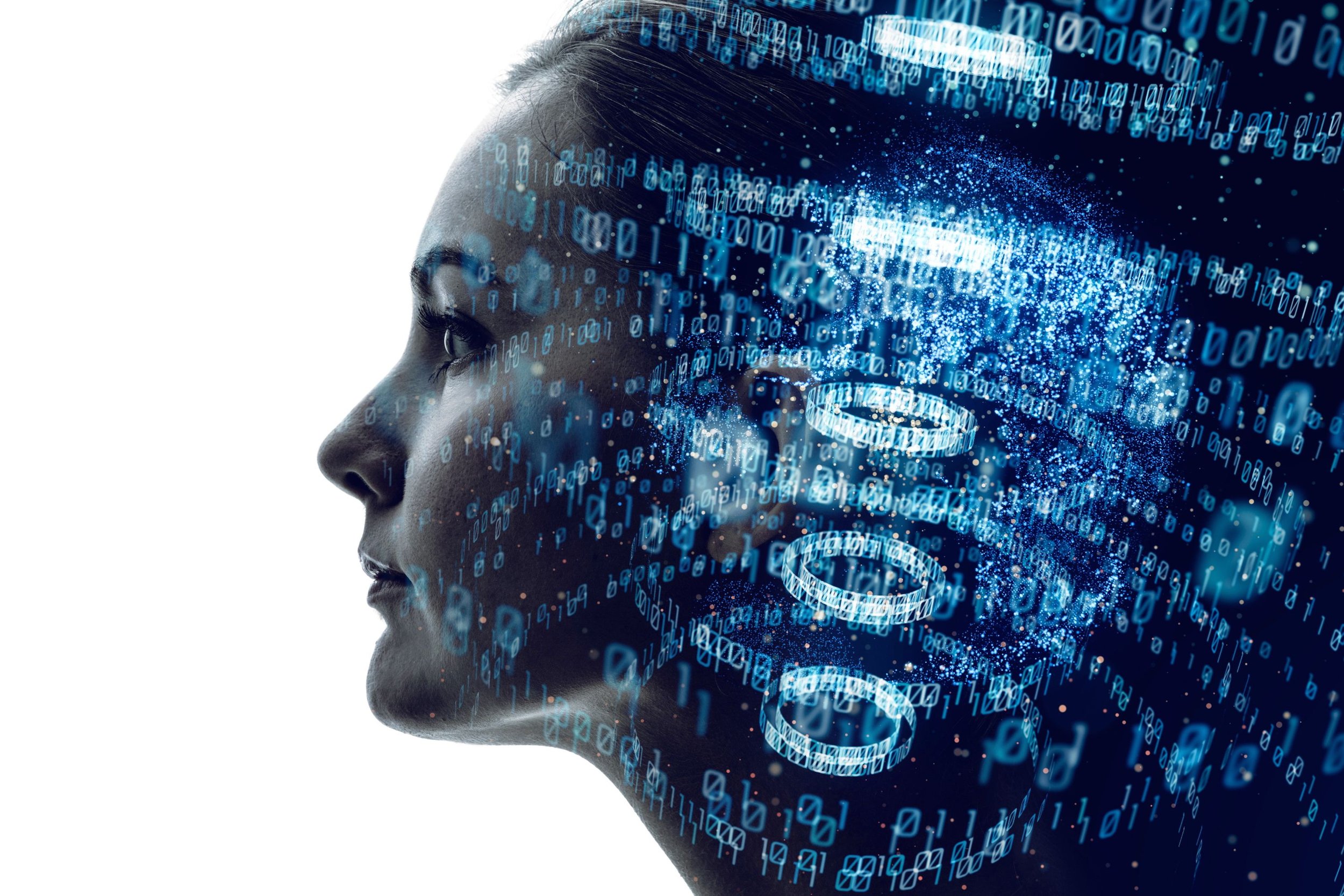Mindful AI: Harmonizing Technology with Holistic Living and Meditation
by Creations Magazine
In an era where artificial intelligence (AI) drives innovation and automation, it may seem counterintuitive to pair this fast-paced technology with the calm, introspective practices of holistic living, meditation, and mindfulness. Yet, as the world becomes increasingly digital, the intersection of AI and these ancient practices offers a unique opportunity to enhance well-being, deepen self-awareness, and create a more balanced life.
This article explores how AI can harmonize with a holistic lifestyle, how meditation and mindfulness can be supported by cutting-edge technology, and how we can ensure this integration remains human-centered.
Bridging the Gap Between Technology and Mindfulness
For many, technology and mindfulness exist at opposite ends of the spectrum. Technology often represents speed, efficiency, and constant stimulation, while mindfulness and holistic living emphasize slowing down, self-reflection, and being present. However, when used thoughtfully, AI can bridge this gap, acting as a tool to promote balance rather than disruption.
The rise of mindfulness and meditation apps, AI-driven wellness platforms, and biofeedback devices demonstrates how technology can support mental and emotional well-being without compromising the essence of holistic practices.
How AI Supports Meditation and Mindfulness
AI isn’t just about algorithms and data—it’s about creating tools that adapt to individual needs. Here’s how AI enhances meditation and mindfulness practices:
Personalized Meditation Guidance
AI-powered apps like Calm and Headspace offer guided meditation sessions tailored to individual goals, such as stress reduction, better sleep, or improved focus. Using machine learning, these apps analyze user behavior to provide customized meditation plans and track progress over time.
AI and Biofeedback Devices
Devices like Muse and Core use AI to interpret brainwaves, heart rate, and stress levels, offering real-time feedback during meditation. By providing insights into physiological responses, these tools help users better understand their state of mind and refine their practice for greater effectiveness.
Mindfulness Through Voice Assistants
Virtual assistants like Alexa and Google Assistant are increasingly integrating mindfulness features, such as daily meditation reminders or breathing exercises, allowing users to incorporate mindfulness seamlessly into their daily routines.
AI-Powered Stress Management
Platforms like Woebot use AI to offer mental health support through conversations, mindfulness techniques, and cognitive behavioral therapy (CBT). These tools provide accessible and nonjudgmental spaces for individuals to manage anxiety and stress in real-time.
AI as a Catalyst for Holistic Living
A holistic lifestyle goes beyond mindfulness and meditation, encompassing physical health, emotional balance, and spiritual growth. AI is playing an important role in this broader approach:
Nutrition and Wellness Tracking
AI-powered apps like MyFitnessPal and Noom help individuals track their dietary habits, exercise routines, and mental health. By analyzing user data, these platforms offer actionable insights to support healthier choices and long-term lifestyle changes.
Sleep Optimization
Sleep is a cornerstone of holistic well-being, and AI-driven tools like Sleep Cycle and Oura Ring analyze sleep patterns, offering suggestions for improving rest and recovery.
Mental Health and AI Coaching
AI mental health tools provide an affordable and accessible way to receive emotional support. These platforms incorporate mindfulness exercises, journaling prompts, and self-care strategies to foster resilience and self-awareness.
Challenges and Ethical Considerations
While AI offers immense potential for supporting holistic living, it also comes with challenges:
Over-Reliance on Technology
The essence of mindfulness lies in self-awareness and human connection, which can be undermined by excessive dependence on AI tools. Striking a balance between tech-assisted practices and unplugged mindfulness is crucial.
Data Privacy
AI relies on personal data to deliver personalized experiences. Ensuring that this data is stored securely and used ethically is vital to maintain user trust.
Maintaining Human-Centered Practices
Holistic living emphasizes authenticity and intuition. While AI can support these practices, it should never replace the human element or reduce mindfulness to a purely mechanical exercise.
The Future of AI in Mindfulness and Holistic Living
As AI continues to evolve, its potential to support mindfulness and holistic living will grow. Imagine AI-driven wellness retreats, where technology adapts to the needs of each participant, or advanced meditation tools that use neural feedback to deepen states of relaxation and awareness.
AI can also help spread mindfulness practices to underserved communities by making resources like guided meditations, wellness plans, and mental health support more affordable and accessible.
Mindful Use of AI: A Call for Balance
Integrating AI into holistic living requires intentionality. Here are some tips to ensure a balanced approach:
Set Boundaries with Technology
Use AI tools as an aid, not a crutch. Dedicate time each day to disconnect from screens and engage in unplugged mindfulness practices.
Choose Ethical Tools
Opt for platforms and devices that prioritize user privacy, ethical data use, and transparent algorithms.
Prioritize the Human Element
Combine AI-assisted mindfulness with in-person practices, such as group meditations, yoga classes, or retreats, to maintain a sense of community and connection.
The intersection of AI, mindfulness, and holistic living is a testament to the adaptability of ancient practices in a modern context. When used thoughtfully, AI can enhance our ability to live with intention, deepen our meditation practices, and support a balanced lifestyle.
By embracing this harmony between technology and mindfulness, we can create a future where innovation doesn’t just serve productivity but also nurtures our collective well-being. The key lies in staying grounded, intentional, and mindful—because even in a tech-driven world, the most profound changes begin within.

